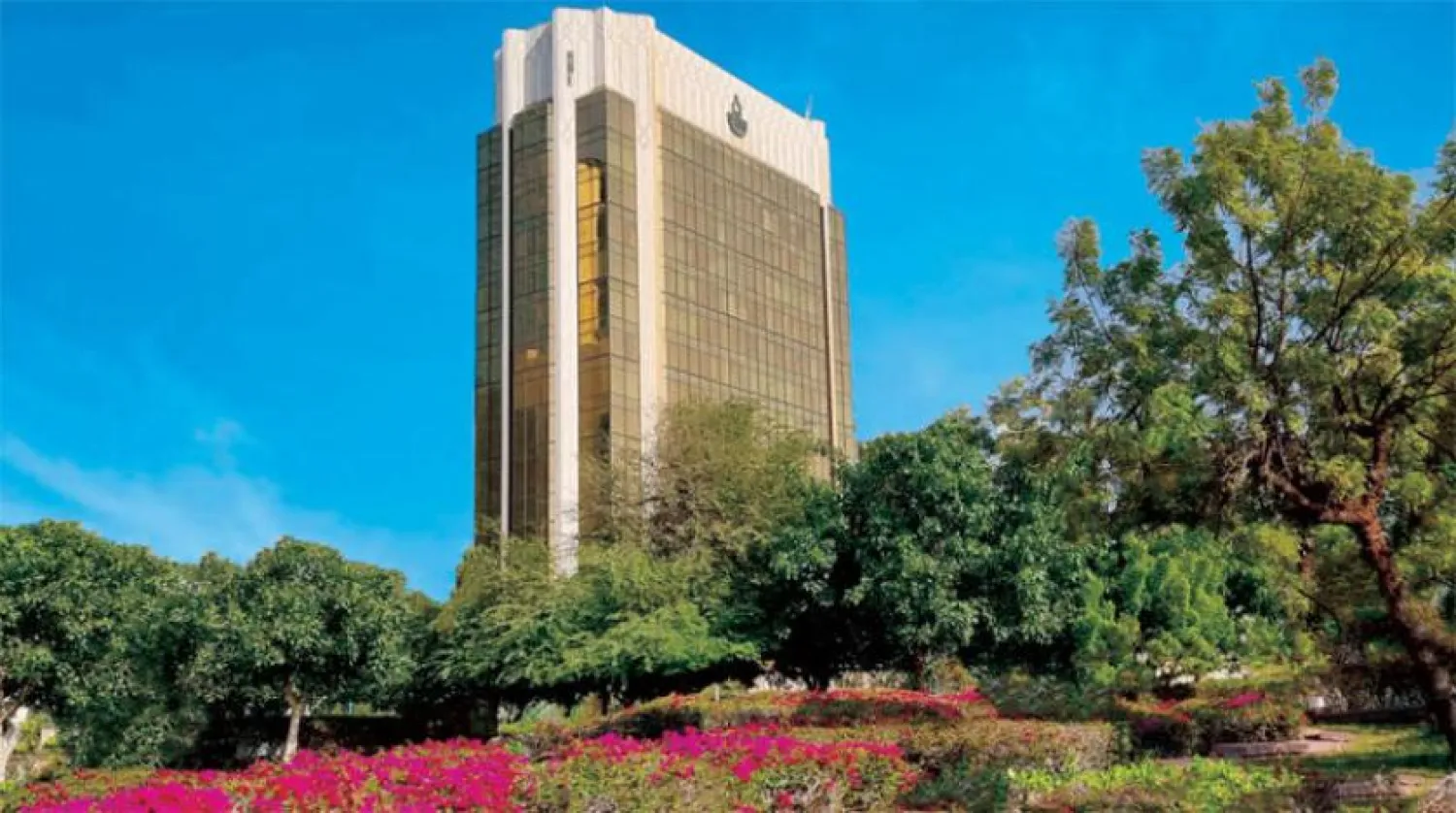The Arab Monetary Fund revealed that the banking sector in Arab countries has succeeded in overcoming the repercussions of the coronavirus pandemic without significantly impacting its financial institutions.
The sector continued to attract liquidity and investments, which boosted Arab economic growth.
The Fund added, in its Financial Stability Report in the Arab Countries for the year 2022, that the Arab banking system was stable and generally able to withstand shocks despite the developments, challenges, and economic shocks between 2013 and 2021.
The report stated that the banking system in Arab countries achieved good levels of capital, liquidity, asset quality, and profitability, reflecting the supervisory authorities' policies and efforts to ensure the financial sector's safety and enhance stability.
The report emphasized the resilience of the Arab banking sector and its ability to absorb financial shocks in general.
The Arab banking sector was characterized by solvency higher than those targeted internationally according to the Basel III standard of 10.5 percent, which indicates that the industry enjoys global solvency and enhances its ability to absorb any potential losses.
According to the Fund, the average solvency ratio of Arab banks reached 17.8 percent in 2021 and 2020, up from 17.7 percent in 2019.
The report pointed out that the Arab banking sector maintained reasonable loan provisions due to the implementation of the International Financial Reporting Standard (IFRS), which enhanced the strength and solvency of banks and improved the quality of the assets.
The Fund noted that Arab banks maintained good levels of liquid assets, ranging between 27.3 percent and 34.5 percent, which is one of the most critical indicators that measure the ability of banks to meet their obligations based on high-quality and liquid assets.
It pointed out that the rate of return on assets in the Arab countries improved last year, recovering to the pre-coronavirus levels, noting that the Financial Stability Task Force in the Arab State conducted partial and total sensitivity tests on 80 percent of the entire Arab banks.
The report assumed that the economic developments related to the pandemic might increase credit risk, credit concentration risk, exchange rate risk, interest rates, and liquidity.
These tests showed that the Arab banking sector is solid and achieved positive results in most tests.









